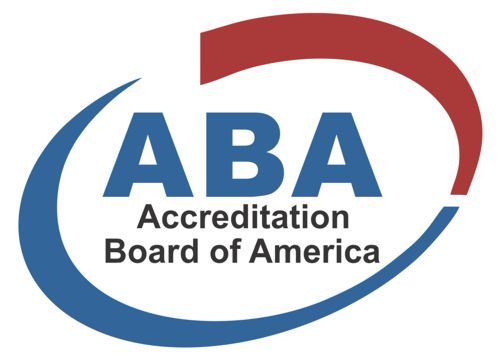Artificial intelligence (AI) is rapidly transforming our world, from revolutionizing industries to reshaping everyday experiences. But with this immense power comes immense responsibility. Concerns about bias, ethics, and transparency loom large, casting a shadow over the promises of AI.
Enter ISO/IEC 42001:2023, a beacon of hope in this ever-evolving landscape. This groundbreaking international standard provides organizations with a practical framework for establishing, implementing, and maintaining an Artificial Intelligence Management System (AIMS). In essence, it’s a roadmap for navigating the intricate maze of AI development and deployment, ensuring responsible and ethical practices every step of the way.
Why is ISO/IEC 42001:2023 So Important?
The rise of AI brings a multitude of challenges, including:
Ethical considerations: Can AI systems be trained and deployed without perpetuating biases or discrimination?
Transparency and explainability: How can we understand how AI systems arrive at their decisions?
Security and privacy: How can we ensure that AI systems do not misuse or compromise sensitive data?
Accountability and oversight: Who is ultimately responsible for the actions of AI systems?
Without proper guidance, these challenges can lead to serious consequences, eroding trust and hindering the responsible development and utilization of AI. This is where ISO/IEC 42001:2023 comes in.
Benefits of Embracing the AI Management System Standard
By adopting ISO/IEC 42001:2023, organizations can reap numerous benefits, including:
Enhanced trust and credibility: Demonstrating a commitment to responsible AI development fosters trust with stakeholders, customers, and the public.
Reduced risks and liabilities: Proactive mitigation of potential harms minimizes the risk of reputational damage and legal repercussions.
Improved decision-making: A structured approach to AI governance leads to more informed and ethical decisions about AI development and deployment.
Increased operational efficiency: By streamlining AI processes and minimizing errors, organizations can optimize their operations and unlock the full potential of AI.
Competitive advantage: Standing out as a leader in responsible AI can attract talent, investors, and partners, giving your organization a valuable edge in the marketplace.
Key Features of the ISO/IEC 42001:2023 Framework
The standard provides a comprehensive framework that covers the entire AI lifecycle, from initial planning and design to deployment, operation, monitoring, and retirement. It emphasizes key aspects such as:
Establishing an AI governance framework: Defining principles, roles, and responsibilities for ethical and transparent AI development.
Identifying and assessing AI risks and opportunities: Proactively addressing potential harms and maximizing positive impacts.
Designing and developing AI systems responsibly: Prioritizing fairness, explainability, and human oversight.
Implementing appropriate controls: Ensuring data privacy, security, and bias mitigation.
Monitoring and evaluating AI performance: Continuously tracking progress and identifying areas for improvement.
The Road to Responsible AI is Within Reach
While navigating the complexities of AI can be daunting, ISO/IEC 42001:2023 provides a clear and practical roadmap. By embracing this standard, organizations can unlock the vast potential of AI while ensuring its responsible development and use. With trust, transparency, and ethics at the core, we can pave the way for a future where AI empowers humanity to thrive.
Ready to take the first step? Visit the official ISO website for more information about ISO/IEC 42001:2023 and how it can help your organization become a leader in responsible AI.

